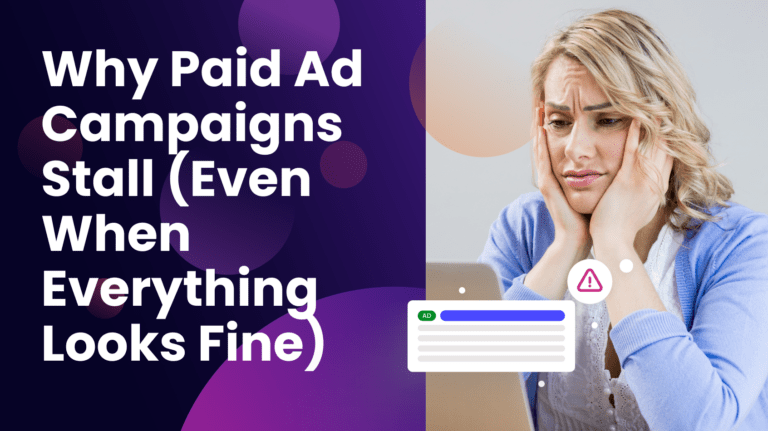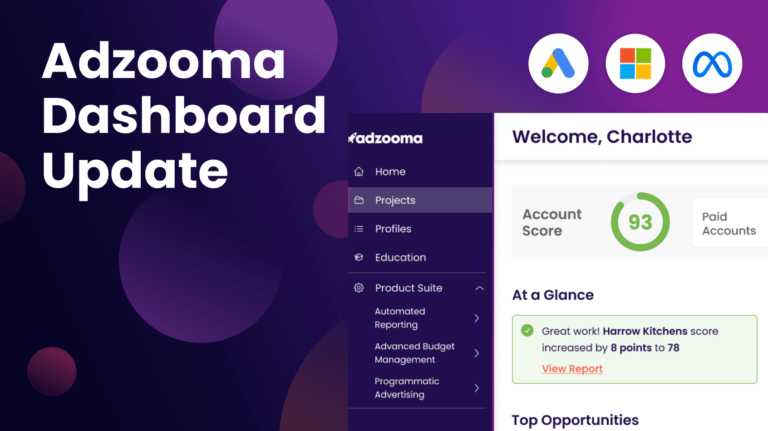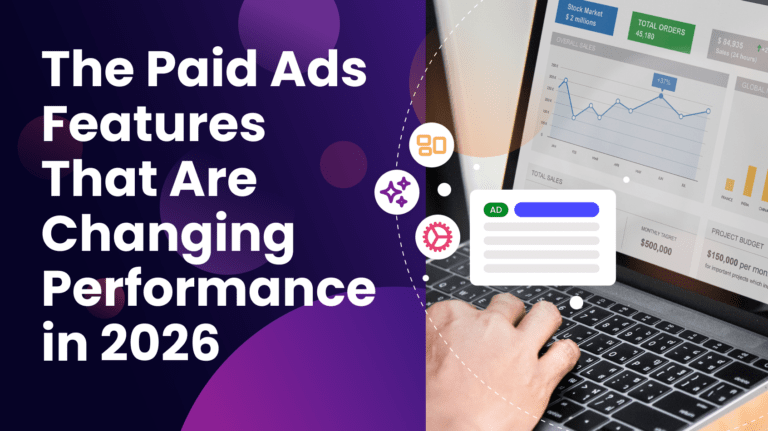Both Google and Microsoft have announced that they will be removing the ability to create and edit Expanded Text Ads. As of 1st July for Google, and 29th August for Microsoft, advertisers will only be able to pause and resume their current ETAs.
Responsive Search Ads (RSAs) will be the default and only ad type when you want to create a new Search campaign, but don’t worry, although this may seem like a lot of admin work RSAs have lots of great benefits that often perform better than existing ETAs.
With the change not until 1st July, there is still plenty of time to prepare your campaigns. In this article, we’ll explain the difference between both ad formats and share with you our top 3 tips for creating effective RSAs.
- Differences between ETAs and RSAs
- How will RSAs benefit your business?
- 3 Tips For Effective Responsive Search Ads
Differences between ETAs and RSAs
How will RSAs benefit your business?
If you are a business running Google and Microsoft paid campaigns, then you will definitely benefit from Responsive Search Ads (RSAs). RSAs allow you to write up to 15 headlines and 4 descriptions which Google and Microsoft will automatically combine using machine learning, to create the ad someone sees when they’re searching for the keywords you are bidding on. The winning combination is the one that results in the best click-through rate and highest conversion rate for the ad.
As a business, being able to utilize the AI capabilities of Google and Microsoft has many benefits:
- Saves you time and money – You no longer need to create multiple ads to test which combinations work best. Simply create one RSA and input your headlines and descriptions and Google and Microsoft can do the testing for you. This saves you time and money that could otherwise be wasted on poorly performing ads.
- Increases the relevance of your ads – The reason that RSA’s tend to perform better than ETAs is that they have more headline and description combinations therefore, they can adapt to a user search query more accurately so that the ad is more relevant to their needs. This results in increased click-through rates and conversions for your ads.
- Reach a wider audience – With 15 headlines and 4 descriptions, you have many more options to include keywords in your ad copy so that you enter more auctions and reach audiences with relevant search queries.
The great thing about responsive search ads is that Google and Microsoft are doing the heavy lifting by testing your ad variations for you. Using AI they can deliver the most effective content to the users who are searching for relevant terms. This in turn will save you time, money and give you lots of data where you can identify what’s working to help you set up future campaigns.
3 Tips For Effective Responsive Search Ads
1. Start testing RSA’s in your Ad groups
If you haven’t already, start working through your ad groups and create one RSA per group. Select one of your non-brand ad groups with more than 50 impressions per day as they will yield the best performance. You are best choosing an ad group that has at least one Expanded Text Ad (ETA) as this will help you compare stats against your RSA. Remember you only need one RSA with multiple headlines and descriptions for Google and Microsoft to start testing the different combinations. Preparing your ad groups now will allow you to become familiar with how RSAs are set up and will make the future transition easier. You can easily set up your RSA’s in Adzooma which will also measure the strength of your ads making it easy for you to improve their effectiveness.
2. Use the pinning tool to give you more control
When building your campaigns in Google or Microsoft, you can use their ‘pinning’ feature that allows you to select the order of your headlines and descriptions by ‘pinning’ them in the first, second, or third position. To do this, select the pin icon to the right of the text field and it will prevent other headlines from being used in that spot. We recommend not overusing this feature so you don’t inhibit Google or Microsoft’s machine learning abilities, however, it’s great to use if you; have a limited-time-only offer, if you want to include your brand in your headline or if you have a certain regulatory copy that must be in your ad.
3. Write varied Headline and Descriptions
Now that you have 15 headline spots to fill out, you might find yourself thinking, “how many ways can I say ‘Buy These Shoes’”. But RSA’s aren’t about re-wording the same message, they are a way to add depth and information such as your branding, benefits, and key features. As we said in point 1, start small and add 1 RSA to each of your ad groups, that way you won’t feel overwhelmed writing lots of ad copy. Make sure you provide a good variety of headlines and descriptions that incorporate your keywords and cover different aspects of your business so that your ads are not repetitive.
What to do next?
Although you might be comfortable with the familiarity and control that comes from Expanded Text Ads, Responsive Search Ads are a great way to target relevant customers and improve your conversion rates and they need to be embraced!
By utilizing Google and Microsoft’s machine learning software, you can save time on testing and retesting different ads, meaning you can focus on growing your business.
Adzooma makes building RSA’s easy. Simply sign-up today to use our RSA campaign builder to get you started. Not only this, but you’ll get free access to many of our PPC optimization tools that will help you manage and improve your advertising campaigns.



